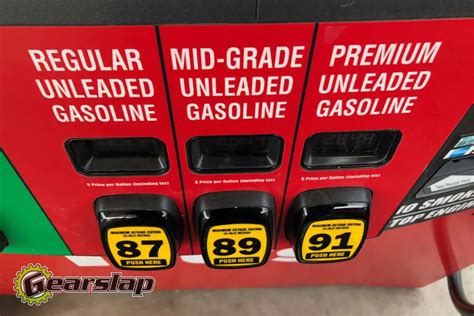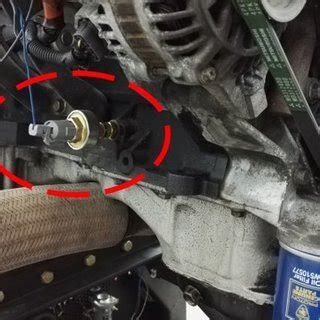Decoding the Fuel Pump Dilemma
Standing at the gas pump, you’re often faced with a choice: regular, mid-grade, or premium. For many car owners, this decision is shrouded in mystery and misinformation. Is premium fuel truly better for your engine, or is it just an unnecessary expense? Let’s break down the facts to help you make an informed decision for both your vehicle’s health and your bank account.

Understanding Octane Ratings: What Do the Numbers Mean?
The primary difference between regular and premium gasoline is its octane rating. This number (e.g., 87 for regular, 91 or 93 for premium) indicates the fuel’s resistance to “knock” or “pre-ignition.” Engine knock occurs when the air-fuel mixture ignites prematurely, out of sync with the piston’s movement. This creates a knocking sound and can lead to decreased performance and, over time, engine damage.
Higher octane fuel is more resistant to this premature ignition. It can withstand greater compression before combusting, which is crucial for engines designed with higher compression ratios or forced induction (turbochargers, superchargers).

Checking Your Owner’s Manual: The Ultimate Guide
The most definitive answer to whether your car needs premium fuel lies in your owner’s manual. Manufacturers explicitly state the required fuel type. Generally, vehicles that require premium fuel are high-performance cars, luxury vehicles, or those with turbocharged or supercharged engines. These engines are specifically tuned to take advantage of premium fuel’s higher octane to achieve optimal performance and efficiency.
“Required” vs. “Recommended”
It’s vital to distinguish between “required” and “recommended.” If your manual states premium fuel is “required,” using regular gas can lead to reduced performance and potential long-term engine issues. If it “recommends” premium, your engine can safely run on regular, but you might experience a slight, often unnoticeable, dip in power or fuel economy, as the engine’s computer adjusts its timing to compensate.

What Happens If You Choose Incorrectly?
Modern cars are remarkably intelligent. Equipped with knock sensors, your engine’s computer (ECU) can detect pre-ignition and automatically adjust spark timing to prevent damage. This means if you put regular gas in a car that requires premium, the engine will likely compensate, avoiding immediate harm. However, this compensation often comes at the cost of slight performance reduction and potentially less fuel efficiency, as the engine isn’t operating at its peak.
Conversely, using premium fuel in a car designed for regular gasoline offers no tangible benefit. Your engine isn’t designed to utilize the higher octane, so you’re essentially paying more for something your car doesn’t need or can’t take advantage of. It won’t clean your engine better, improve mileage, or boost horsepower beyond its design specifications.

The Financial and Eco-Friendly Angle
For vehicles that don’t explicitly require premium fuel, consistently choosing the higher-priced option translates directly to unnecessary spending. The cost difference per gallon adds up significantly over time, without any corresponding benefit in engine health or longevity. Furthermore, burning premium fuel where it’s not needed contributes to slightly higher carbon emissions, though this impact is minor compared to vehicle usage itself.
Stick to what your car needs. If regular is fine, embrace the savings. If premium is required, consider it part of the operating cost of a vehicle designed for high performance.

The Bottom Line: Consult Your Manual
Ultimately, the question of regular versus premium fuel boils down to your car’s specific engineering. Resist marketing myths and anecdotes. Your owner’s manual is your definitive source. By adhering to the manufacturer’s recommendations, you’ll ensure optimal engine performance, longevity, and avoid wasting money at the pump.




